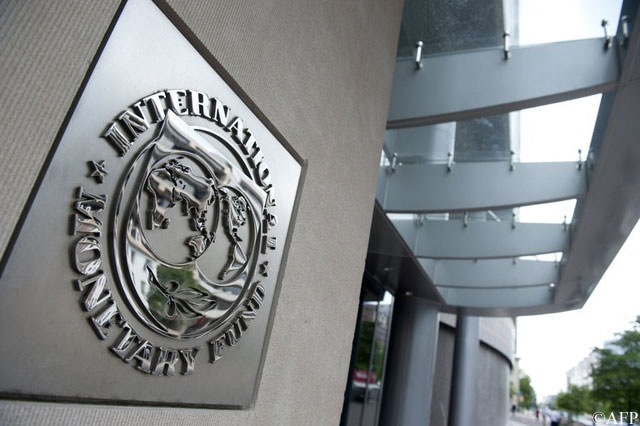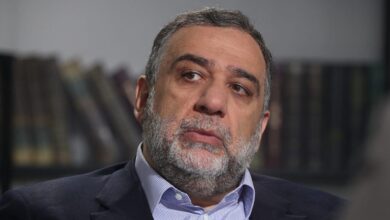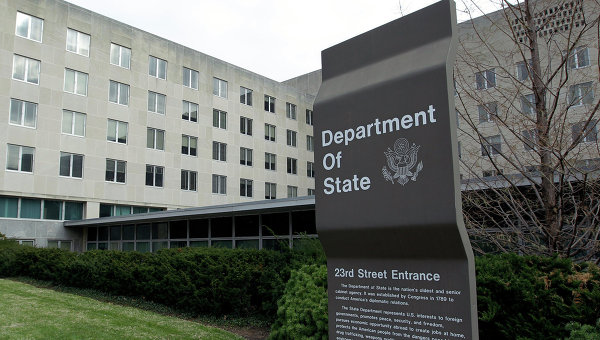
The Executive Board of the International Monetary Fund (IMF) completed today the fifth and final review of Armenia’s economic performance under a three-year arrangement under the Extended Fund Facility (EFF). The completion of the review allows the authorities to draw the equivalent of SDR 15.69 million (about US$21.6 million). Armenia’s three-year extended arrangement for SDR 82.21 million (about US$111.57 million at the time of approval of the arrangement) was approved on March 7, 2014.
The Executive Board today also concluded the 2017 Article IV Consultation with Armenia. A respective press release will be issued separately.
Following the Executive Board discussion on Armenia, Mr. Tao Zhang, Deputy Managing Director and Acting Chair, said:
“Armenia has been facing challenging external conditions which have contributed to subdued domestic demand, weak fiscal revenues, and deflationary conditions. Nonetheless, program performance has been satisfactory. All end-December 2016 quantitative performance criteria, indicative targets, and structural benchmarks were met. Economic activity is expected to pick up in 2017 and over the medium term, however, downside risks and significant structural challenges remain.
“Given the fragile growth, the cyclical position of the economy, and a projected revenue overperformance, an increase in growth-friendly foreign-financed capital spending relative to the 2017 budget is justified. At the same time, the authorities remain committed to maintaining a prudent medium-term fiscal path by enhancing revenue mobilization and increasing efficiency in spending. The new Tax Code should be rigorously implemented by resisting pressures to water down its provisions. It is also essential to modernize the medium-term fiscal framework, given that the current fiscal rule lacks flexibility and consideration for cyclical conditions.
“The central bank’s monetary policy easing over the past two years has helped reduce market interest rates and supported a nascent recovery in bank lending. Going forward, monetary policy should remain focused on bringing inflation back to its medium-term target. The central bank should monitor the impact of recent policy actions and assess the need for further easing. Also, the flexible exchange rate should continue to act as a shock absorber, helping support external adjustment and maintain policy buffers.
“Pursuing structural reforms remains essential for fostering sustainable and inclusive growth. Strengthening domestic competition and regulatory reforms are pivotal to promoting private sector development and diversifying the economy. In this context, the authorities’ growth-promoting initiatives are welcome.”








